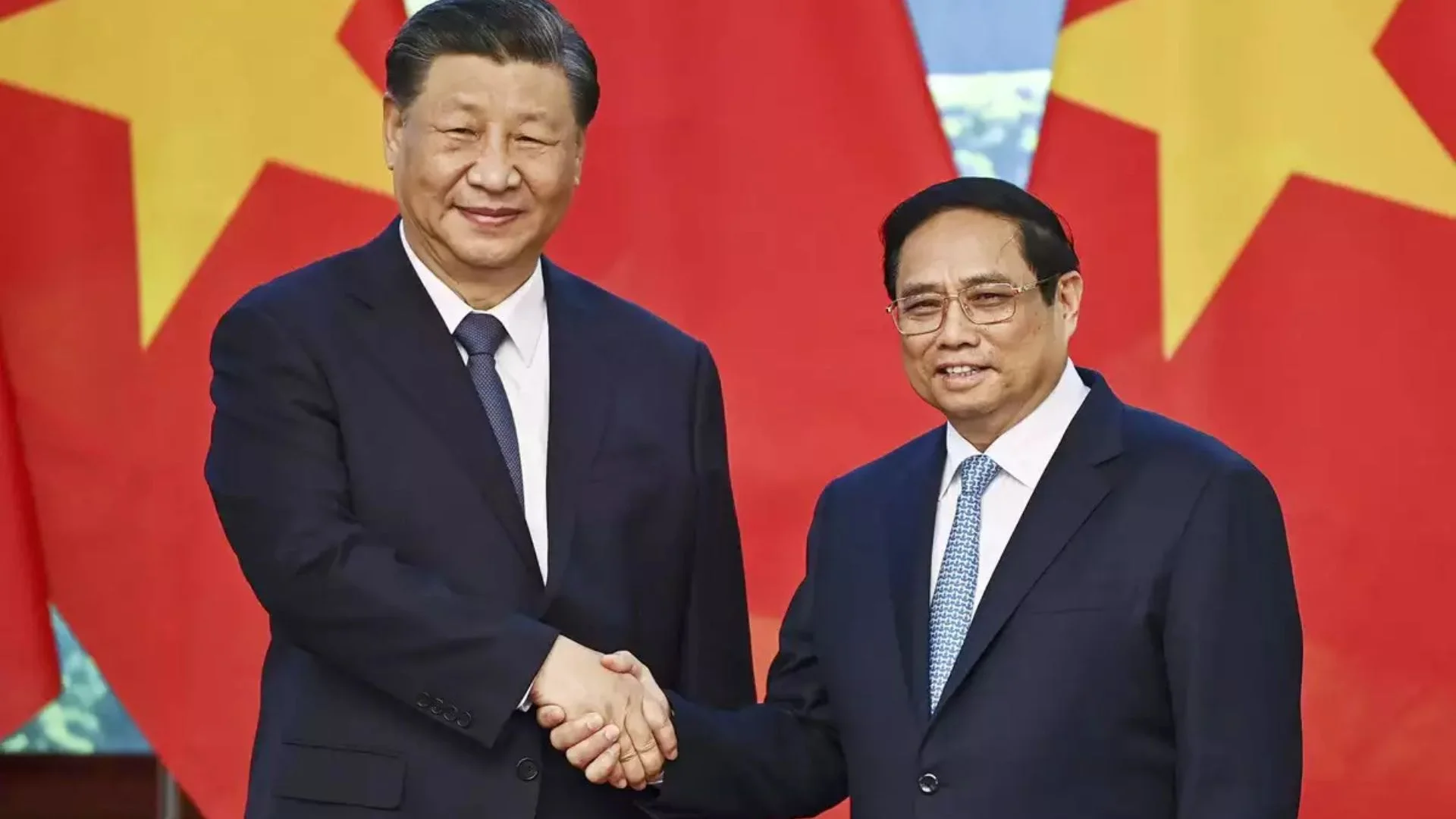14 New Deals Highlight Enhanced Cooperation
China and Vietnam signed 14 agreements on Monday, covering areas from cross-border railways to crocodile exports, following a meeting between Chinese President Xi Jinping and Vietnam’s new leader, To Lam, in Beijing. Lam’s visit, his first overseas trip since becoming party chief earlier this month, underscores the commitment of both communist nations to deepen their relationship amidst growing trade and investment.
Railway Upgrades and Economic Growth
Among the key agreements are plans for standardizing and upgrading cross-border rail routes, aimed at improving connectivity between the two countries. This initiative follows preliminary agreements made in December during Xi’s state visit to Hanoi. The planned rail links include routes connecting China’s Shenzhen to Vietnam’s Haiphong and a line through the mountainous Lao Cai to Haiphong.
Current rail connections between China and Vietnam involve infrastructure dating back to the French colonial era, with different gauges requiring passengers and goods to switch trains at the border. Upgrading the Vietnamese rail infrastructure is expected to boost trade and investment, particularly as Chinese manufacturers relocate operations to Vietnam due to trade tensions with the United States.
Broadening Cooperation Across Sectors
In addition to rail infrastructure, the agreements cover various sectors including financial cooperation between central banks, media exchanges, health collaborations, and the quarantine and inspection of coconuts, crocodiles, and durians. Xi and Lam discussed these matters over tea in a “cordial and friendly atmosphere,” with a joint declaration on strengthening their strategic partnership anticipated.
Lam’s visit also includes meetings with Chinese Premier Li Qiang and visits to locations in Guangzhou associated with former President Ho Chi Minh’s revolutionary activities. China and Vietnam, which established diplomatic relations in 1950 and a comprehensive strategic partnership in 2008, continue to expand their cooperation on both international and regional issues.







